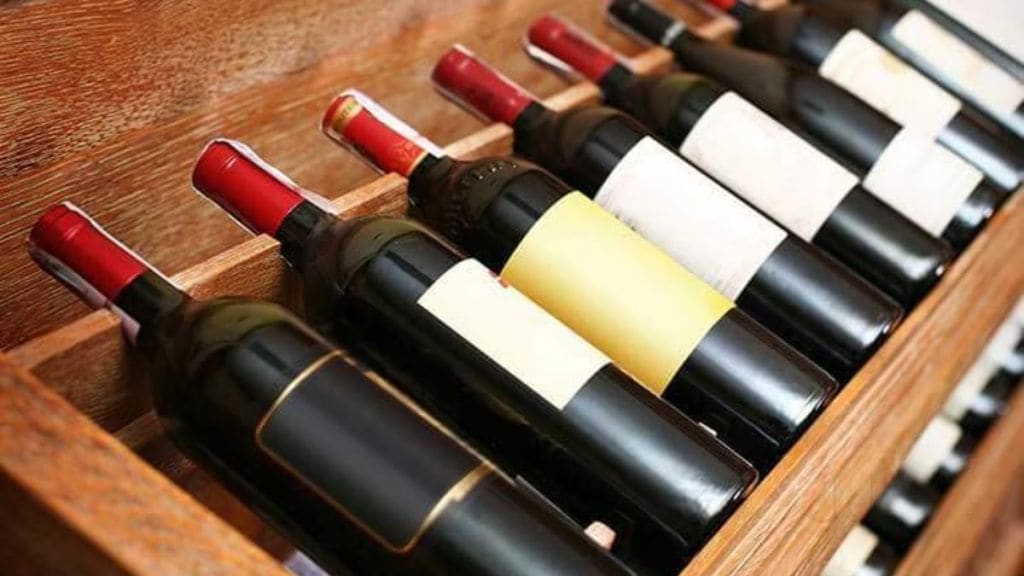With the entry into force of the Trade and Economic Partnership Agreement (TEPA) with the European Free Trade Association (EFTA), the prices of Swiss wine and medicines will see a major drop.
India’s tariffs on imports from the EFTA bloc will immediately come down to zero on coal except steam and coking coal, most medicines, dyes, most textiles and apparels, and iron and steel products, according to an analysis by Global Trade Research Initiative (GTRI).
Switzerland is a world leader in pharma, spearheading new discoveries, and a top exporter of organic chemicals.
How much reduction will there be for Wines?
In wines whose value is less than $ 5 per 750 ml bottle there will be no concession, But on wines prices between $ 5 duty cut in the first year will be to 100% from 150%. The rest of the reduction will come in ten equal instalments. Final duty to be 50% at the end of 10th year.
On wines costing $15 or more-duty cut in the first year will be to 75% from 150 % and the rest of the reduction will be in ten equal instalments. Final duty to be 25% at the end of 10th year.
Tariffs will be reduced to zero in 5 years by India on cod liver oil, fish body oil and smartphones
Which other food products will see reduced or no duties?
In 7 years duties will be eliminated on tuna, trout, salmon, olive oil, cocoa bean, powder, malt products, corn flakes, instant tea, roasted chicory, most machinery, bicycle parts, clocks and watches.
Tariff to be reduced to zero by India in 10 years on olives, avocado, apricot, coffee, capsules, mate, hop cones, caramel, chocolate, products, medical equipment (most)
On sugar there will be 50% tariff reduction in 10 years and in cut and polished diamonds reduction will be to 2.5% from 5% in 5 years. Around 98% of India’s exports to Switzerland are industrial products, and they will now be imported duty-free. “However, this doesn’t create new market opportunities since these products were already entering Switzerland without duty under the Most Favored Nation (MFN) status,” founder of GTRI Ajay Srivastava said.
The remaining 2% of exports are agricultural products. Switzerland has excluded most agricultural items such as dairy products, honey, various vegetables, and wheat, maize flour, and cane sugar from these concessions, he added.

